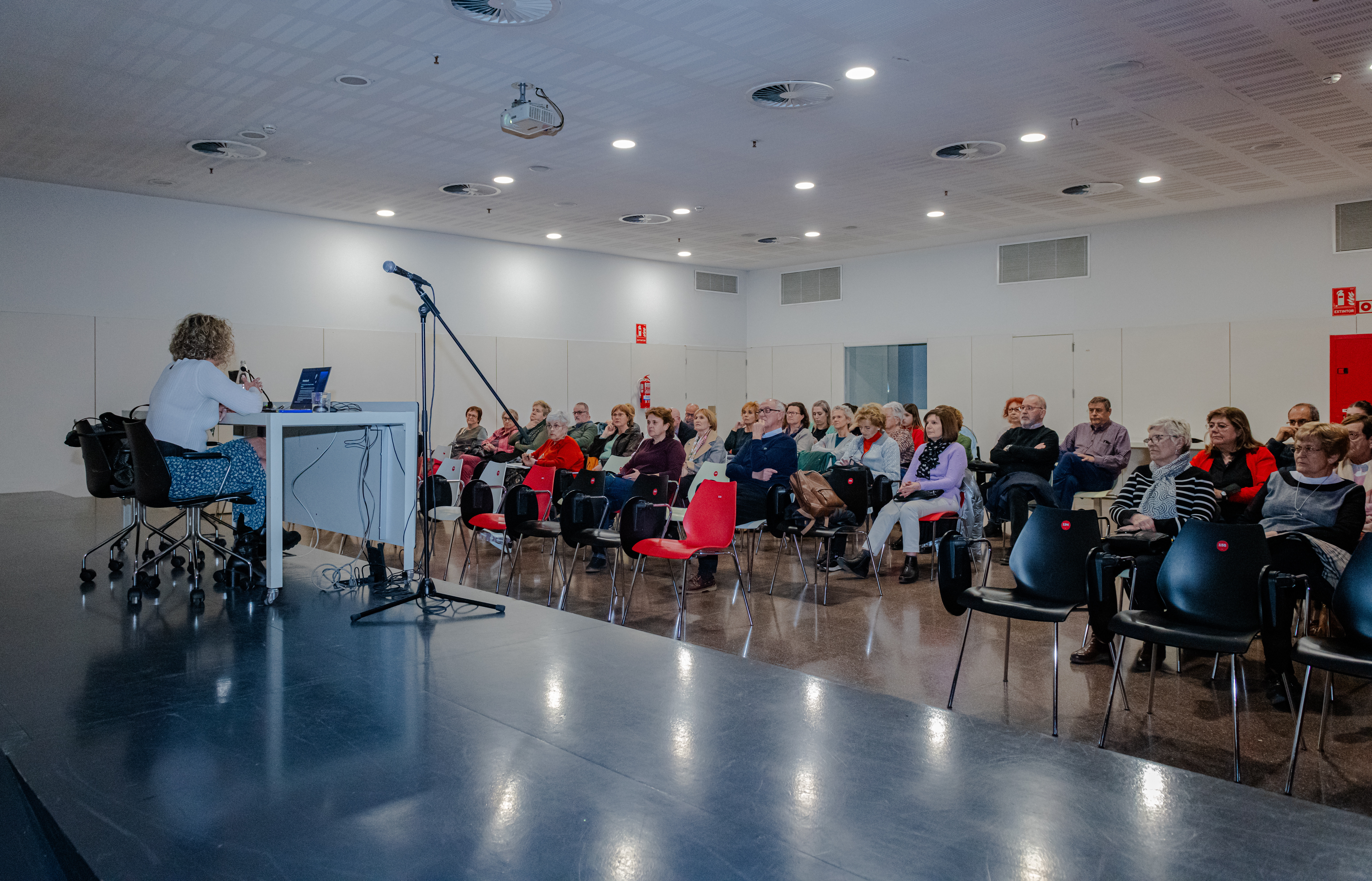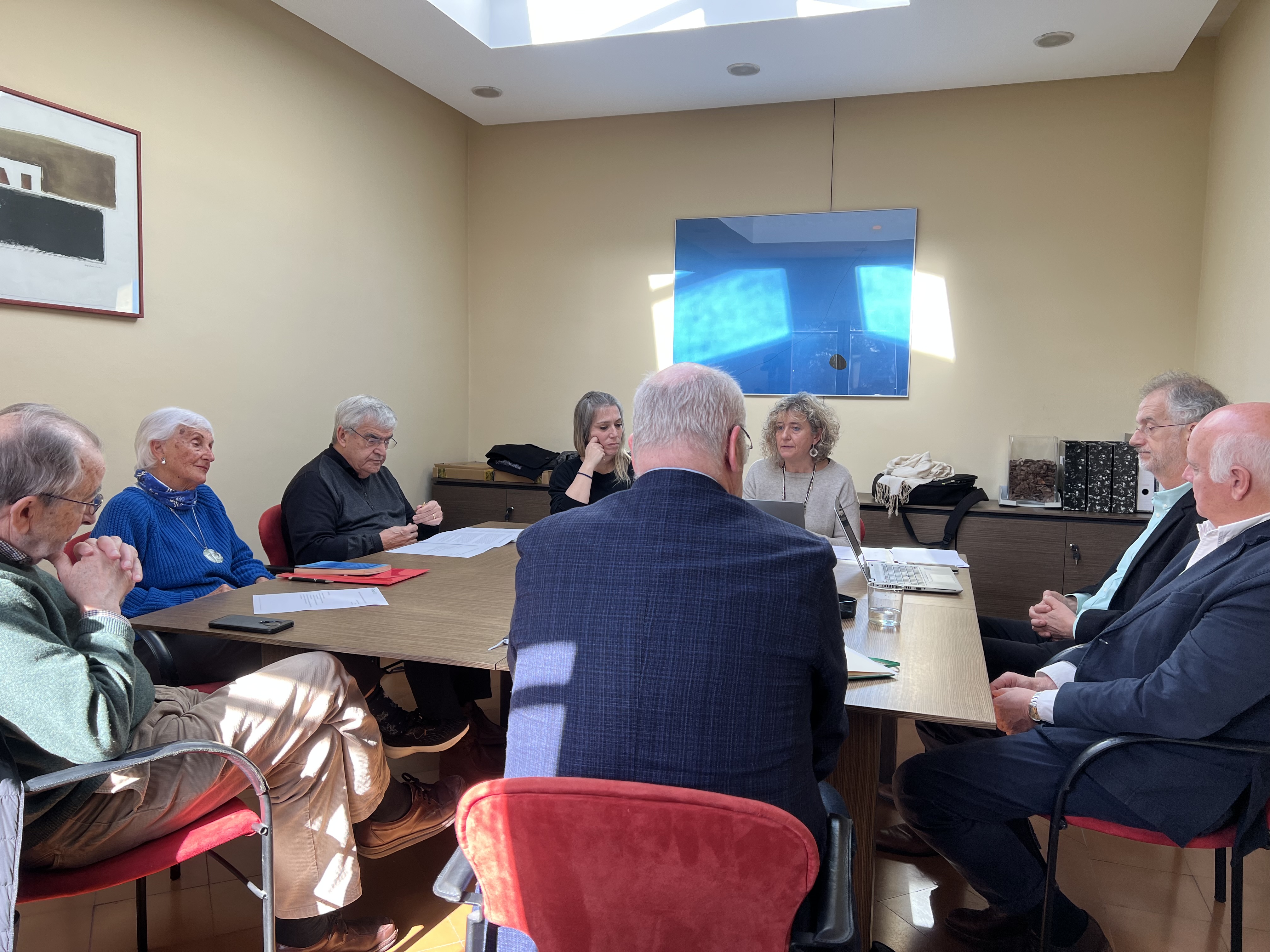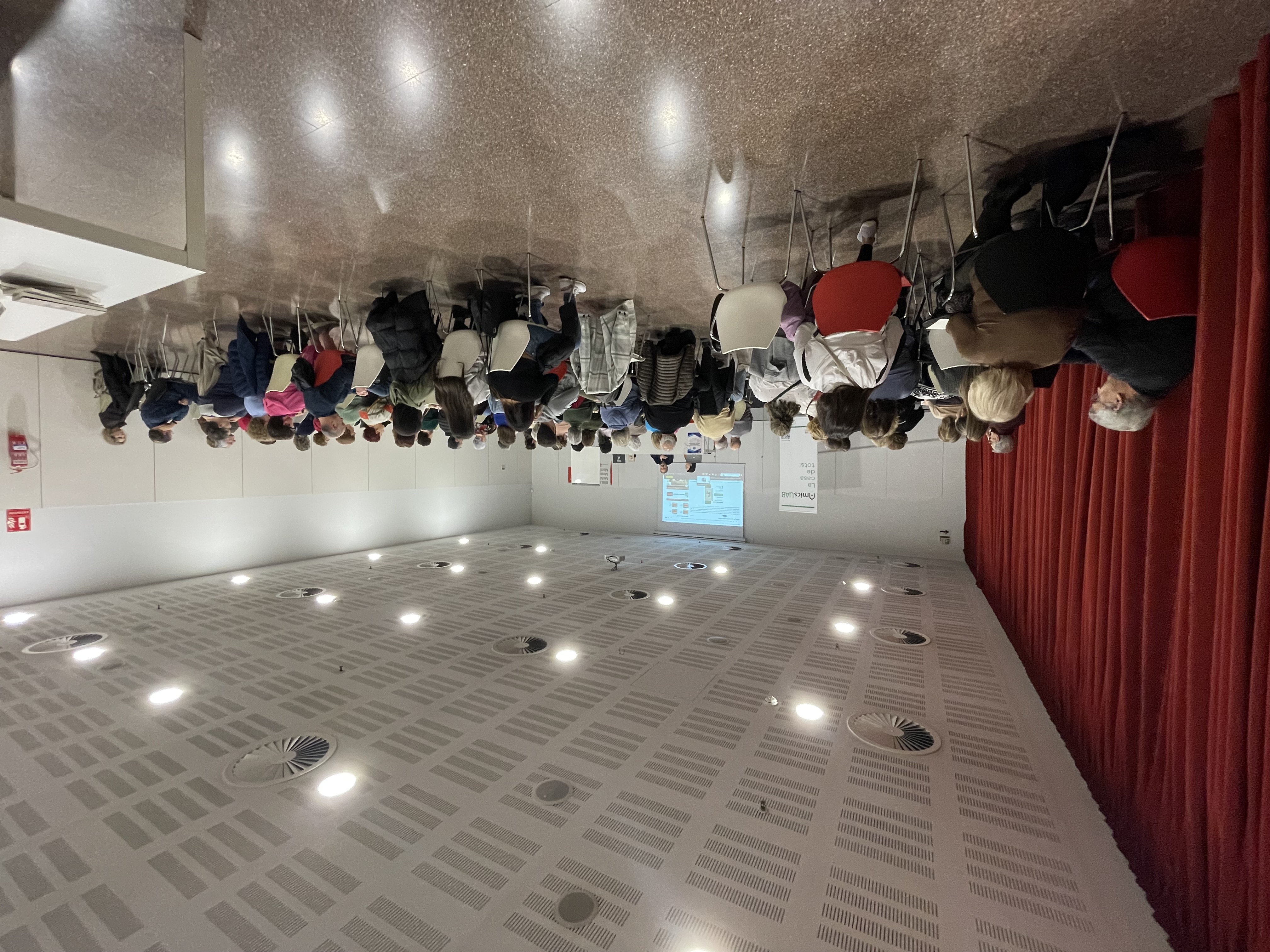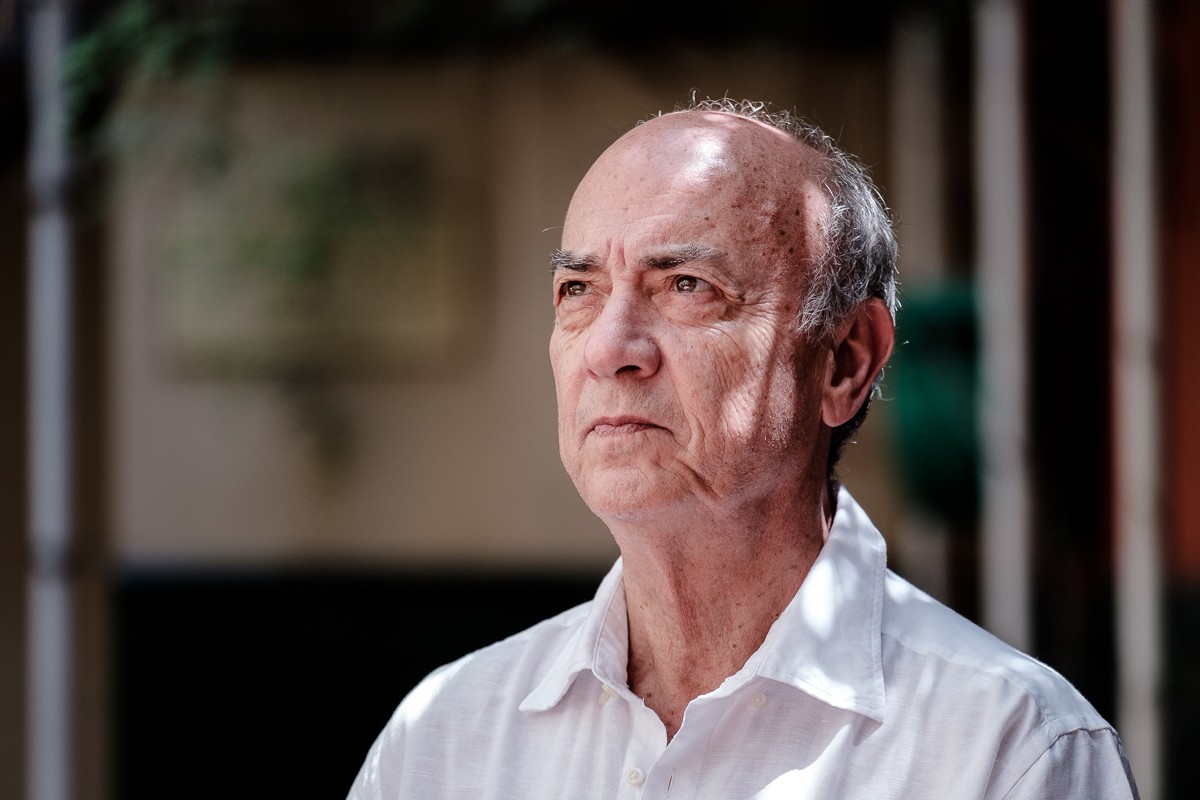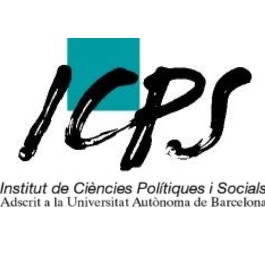|
|
In this session, several experts have explored how these developments can impact "The patient's journey of the future", which is the key theme of the Barcelona Health Hub Summit.
It is clear that today’s digital megatrends have a huge impact on the life sciences industry, and new AI-based tools benefit patients, physicians, and other stakeholders.
According to Francesc Cayuela, founder and CEO of BD Care, AI triggers the ability to compute data information to process and give us more information about rare diseases. "For me, AI is part of computer science which is the computing of human intelligence." He noted that there are different methods: supervised, unsupervised and mixed.
From their company they strive to give all the contribution to the health system from the rigor "because what is sought is to generate valid knowledge so that it solves the current problems in health. We face several problems: diagnosis, emergencies, patient monitoring, prediction and gathering all knowledge in training ".
For her part, María Luisa Martínez Triguero, Head of Clinic, Clinical Analysis Service, La Fe University and Polytechnic Hospital, Valencia, focused on explaining what is the disease of lysosomal acid lipase deficiency (LALD), a disease ultra rare caused by a congenital error of lipid metabolism, which is characterized by the deposition of cholesterol esters and triglycerides in the body.
"It produces a wide variety of symptoms, being easier to diagnose in newborns, but it can manifest later in adolescence. It can also give liver symptoms and is confused with other diseases." The doctor calls for an early diagnosis to be made before the organs are altered. "Offering help, both from a health and social point of view, offering access to rapid treatment and spreading this disease to make it better known."
Francesc Cayuela has stated that the journey that these types of patients go through is really complicated and a diagnosis can be long. To do this and opt for AI tools, "such as the Doctor 2 Doctor structure, an online tool where all doctors who know about this disease can share with others various knowledge to guide them on the most accurate diagnosis." He also spoke about the Doctor 2 Patient tool indicated for collecting information from patients, such as symptoms, their concerns and "thus making it reach D2D".
Leticia Beleta, General Manager Iberia of Alexion, AstraZeneca Rare Disease, has stated that their role as a company is to research and innovate in drugs, and they are specialists in rare diseases, so it endorses the collaboration they have with BD Care, "we need and support people with passion and ideas, so we can unite both specialties."
María Luisa Martínez has contributed to this collaboration as a doctor, "AI helps on a large scale to facilitate the diagnosis of this and many rare diseases; the amount of data is important and can only be used and ordered in this way, in order to also find an early treatment ".
Francesc Cayuela has made it clear that the main actor is the patient, also the hospitals, "who in the treatment of rare diseases have it more complicated in terms of cost and time, because he does not have enough tools to deal with it and be able to reduce costs ".
Check out the original news on the BDcare website
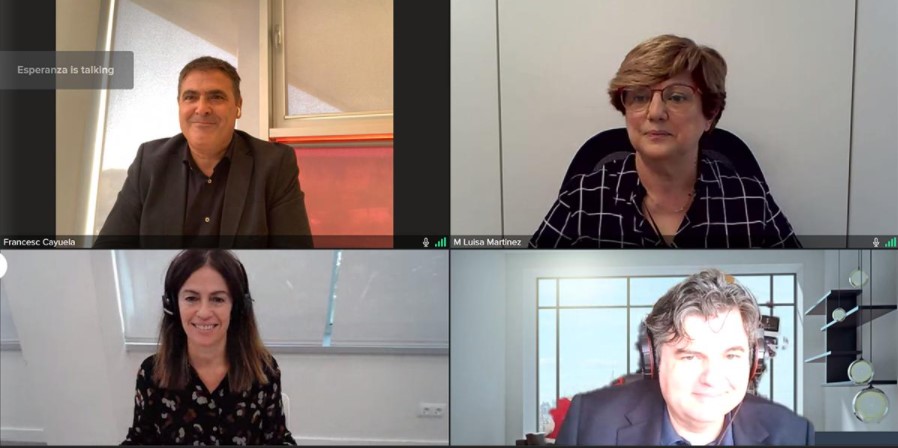
.png)
